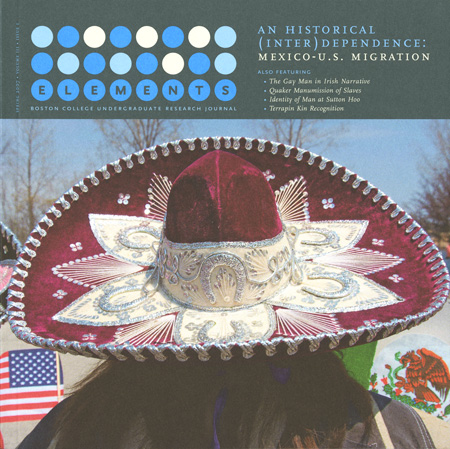World War II Cookbooks: Rationing, Nutrition, Patriotism, and the Citizen Consumer in the United States and Great Britain
DOI:
https://doi.org/10.6017/eurj.v3i1.8982Keywords:
Spring 2007, humanities, historyAbstract
Cookbooks have been used to impart domestic advice and nationalism to their readers for centuries. American and British cookbooks during the Second World War served not only as a means of distributing recipes that took into account rationing and food shortage, but also as a way of educating women about nutrition and healthy diets, as well as to promote the citizen consumer. Despite the shortages of food, the nutrition and health of both nations improved during the war years. This article compares the use of and motives behind ration recipes during World War II in the United States and Great Britain by examining primary sources, including pamphlets, cookbooks, magazine articles, and advertisements. Overtly patriotic cartoons, poems, songs, and catchy saying were all used as means of educating the citizen consumesr. Cookbooks and ration recipes played an integral role in winning World War II on the kitchen front.Downloads
Published
2007-04-15
How to Cite
Flinn, J. J. (2007). World War II Cookbooks: Rationing, Nutrition, Patriotism, and the Citizen Consumer in the United States and Great Britain. Elements, 3(1). https://doi.org/10.6017/eurj.v3i1.8982
Issue
Section
Articles
License
Copyright (c) 2015 Elements

This work is licensed under a Creative Commons Attribution 4.0 International License.

